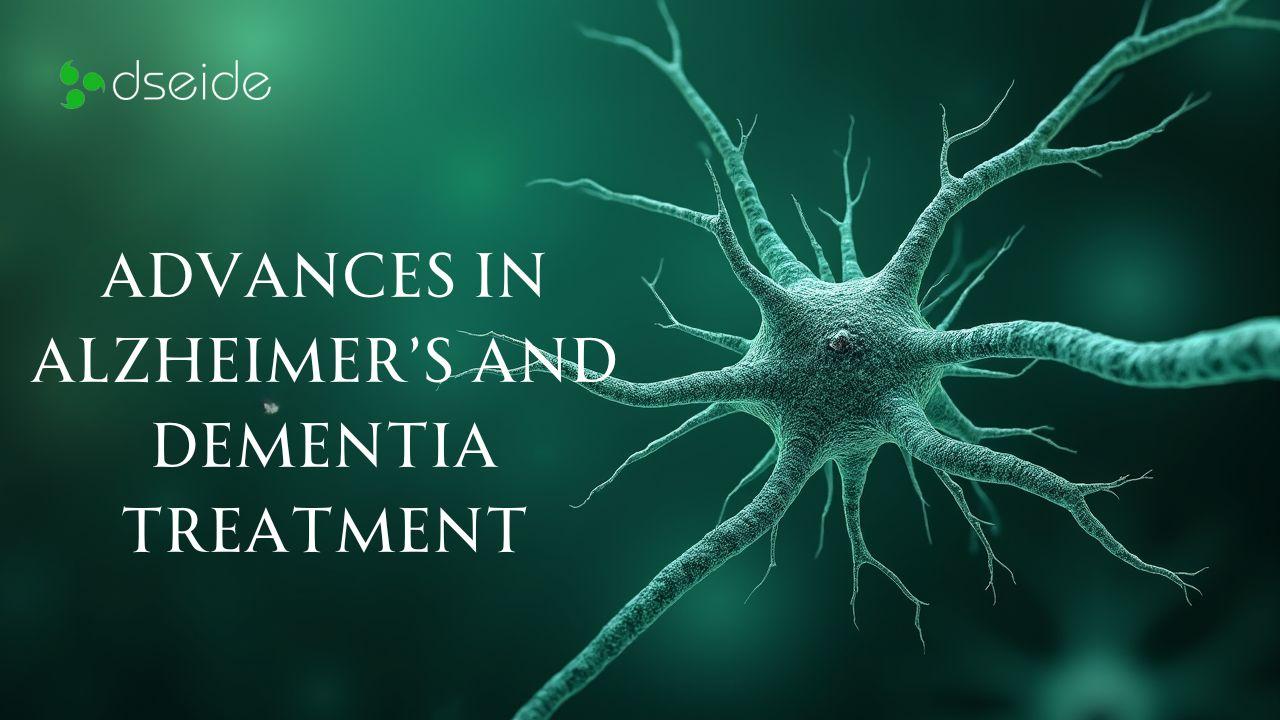New Drug Approvals Offer Hope In recent years, there have been significant breakthroughs in Alzheimer’s treatment with the approval of new drugs aimed at slowing disease progression. One notable drug, Leqembi (lecanemab), was approved by the FDA and shows promise in reducing cognitive decline in early-stage Alzheimer’s. It works by targeting and clearing amyloid plaques—abnormal protein deposits in the brain believed to contribute to Alzheimer’s progression. While not a cure, it offers a new avenue for patients to slow down memory loss and maintain quality of life for a longer period.
Focus on Tau Proteins While many treatments have focused on amyloid plaques, there’s increasing interest in therapies targeting tau proteins, which also form tangles in the brains of Alzheimer’s patients. Researchers are developing drugs that aim to stop the spread of these tau tangles, which are thought to correlate more closely with memory loss and cognitive decline than amyloid plaques. Early trials of tau-targeting drugs have shown potential for preventing or reducing damage in the brain.
Advances in Early Detection Detecting Alzheimer’s and other forms of dementia in their early stages is crucial for effective intervention. New developments in blood tests that detect biomarkers associated with Alzheimer’s are showing great promise. These tests can detect abnormal levels of amyloid or tau proteins years before symptoms appear, offering a much earlier diagnosis compared to traditional cognitive tests or brain scans. This early detection allows for earlier interventions and potentially more effective use of new therapies.
Gene Therapy and Personalized Medicine Researchers are exploring gene therapies and personalized medicine as the next frontier in treating dementia. Scientists are identifying genetic risk factors, such as the APOE gene, which increases the likelihood of developing Alzheimer’s. By targeting these genes, future treatments could potentially stop or slow down the disease in individuals with high genetic risk. In addition, advances in CRISPR technology and other gene-editing tools may offer possibilities to repair or modify faulty genes associated with dementia.
Lifestyle Interventions and Prevention While pharmacological advances continue, there's also growing evidence that lifestyle interventions can reduce the risk or delay the onset of dementia. Studies suggest that regular physical exercise, a heart-healthy diet (like the Mediterranean diet), cognitive training, and social engagement can protect brain health and delay cognitive decline. Researchers are focusing on how combining these non-pharmacological approaches with drug treatments could yield the most effective results.
These developments represent significant progress in the understanding and treatment of Alzheimer’s and dementia, offering new hope for patients and caregivers worldwide.
Focus on Tau Proteins While many treatments have focused on amyloid plaques, there’s increasing interest in therapies targeting tau proteins, which also form tangles in the brains of Alzheimer’s patients. Researchers are developing drugs that aim to stop the spread of these tau tangles, which are thought to correlate more closely with memory loss and cognitive decline than amyloid plaques. Early trials of tau-targeting drugs have shown potential for preventing or reducing damage in the brain.
Advances in Early Detection Detecting Alzheimer’s and other forms of dementia in their early stages is crucial for effective intervention. New developments in blood tests that detect biomarkers associated with Alzheimer’s are showing great promise. These tests can detect abnormal levels of amyloid or tau proteins years before symptoms appear, offering a much earlier diagnosis compared to traditional cognitive tests or brain scans. This early detection allows for earlier interventions and potentially more effective use of new therapies.
Gene Therapy and Personalized Medicine Researchers are exploring gene therapies and personalized medicine as the next frontier in treating dementia. Scientists are identifying genetic risk factors, such as the APOE gene, which increases the likelihood of developing Alzheimer’s. By targeting these genes, future treatments could potentially stop or slow down the disease in individuals with high genetic risk. In addition, advances in CRISPR technology and other gene-editing tools may offer possibilities to repair or modify faulty genes associated with dementia.
Lifestyle Interventions and Prevention While pharmacological advances continue, there's also growing evidence that lifestyle interventions can reduce the risk or delay the onset of dementia. Studies suggest that regular physical exercise, a heart-healthy diet (like the Mediterranean diet), cognitive training, and social engagement can protect brain health and delay cognitive decline. Researchers are focusing on how combining these non-pharmacological approaches with drug treatments could yield the most effective results.
These developments represent significant progress in the understanding and treatment of Alzheimer’s and dementia, offering new hope for patients and caregivers worldwide.
New Drug Approvals Offer Hope In recent years, there have been significant breakthroughs in Alzheimer’s treatment with the approval of new drugs aimed at slowing disease progression. One notable drug, Leqembi (lecanemab), was approved by the FDA and shows promise in reducing cognitive decline in early-stage Alzheimer’s. It works by targeting and clearing amyloid plaques—abnormal protein deposits in the brain believed to contribute to Alzheimer’s progression. While not a cure, it offers a new avenue for patients to slow down memory loss and maintain quality of life for a longer period.
Focus on Tau Proteins While many treatments have focused on amyloid plaques, there’s increasing interest in therapies targeting tau proteins, which also form tangles in the brains of Alzheimer’s patients. Researchers are developing drugs that aim to stop the spread of these tau tangles, which are thought to correlate more closely with memory loss and cognitive decline than amyloid plaques. Early trials of tau-targeting drugs have shown potential for preventing or reducing damage in the brain.
Advances in Early Detection Detecting Alzheimer’s and other forms of dementia in their early stages is crucial for effective intervention. New developments in blood tests that detect biomarkers associated with Alzheimer’s are showing great promise. These tests can detect abnormal levels of amyloid or tau proteins years before symptoms appear, offering a much earlier diagnosis compared to traditional cognitive tests or brain scans. This early detection allows for earlier interventions and potentially more effective use of new therapies.
Gene Therapy and Personalized Medicine Researchers are exploring gene therapies and personalized medicine as the next frontier in treating dementia. Scientists are identifying genetic risk factors, such as the APOE gene, which increases the likelihood of developing Alzheimer’s. By targeting these genes, future treatments could potentially stop or slow down the disease in individuals with high genetic risk. In addition, advances in CRISPR technology and other gene-editing tools may offer possibilities to repair or modify faulty genes associated with dementia.
Lifestyle Interventions and Prevention While pharmacological advances continue, there's also growing evidence that lifestyle interventions can reduce the risk or delay the onset of dementia. Studies suggest that regular physical exercise, a heart-healthy diet (like the Mediterranean diet), cognitive training, and social engagement can protect brain health and delay cognitive decline. Researchers are focusing on how combining these non-pharmacological approaches with drug treatments could yield the most effective results.
These developments represent significant progress in the understanding and treatment of Alzheimer’s and dementia, offering new hope for patients and caregivers worldwide.








